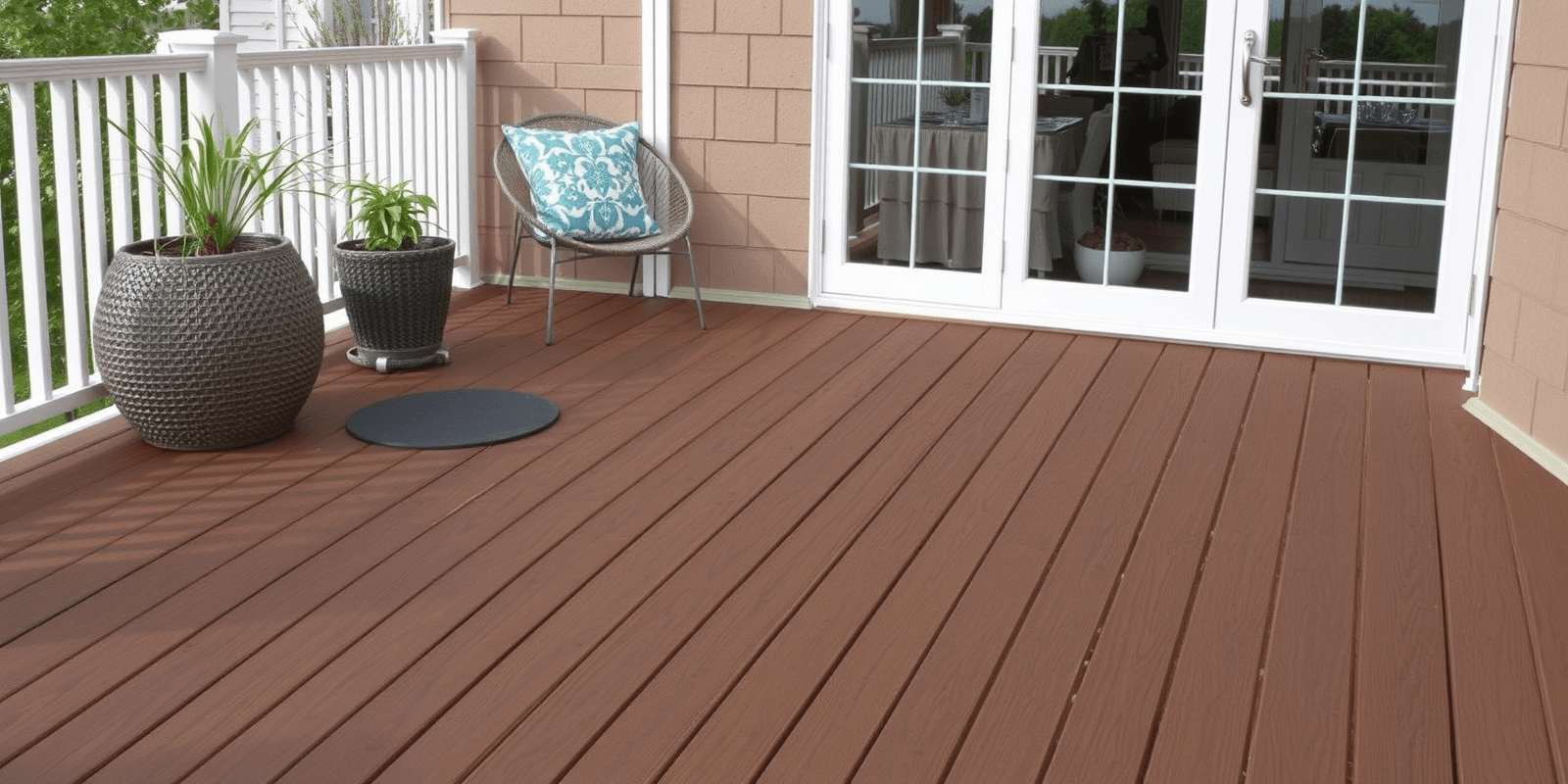Physical Address
304 North Cardinal St.
Dorchester Center, MA 02124
Physical Address
304 North Cardinal St.
Dorchester Center, MA 02124

Explore the latest innovations in wholesale WPC DIY floor decking materials and manufacturing processes. Discover how these advancements are changing the landscape of home renovation and construction.
Wholesale WPC DIY floor decking manufacturers are at the forefront of innovation, constantly striving to improve their products’ performance and sustainability. This article explores recent trends and advancements in the industry, focusing on new material compositions, enhanced durability, and eco-friendly production methods.
One of the most significant trends in wholesale WPC DIY floor decking is the development of new material compositions. These innovations aim to enhance the product’s strength, appearance, and longevity. For instance, manufacturers are experimenting with a blend of wood fibers and plastic resins that provide better dimensional stability and resistance to moisture. As noted by Dr. Jane Smith, a materials scientist at the University of California, “The introduction of nanomaterials into WPC formulations has led to a substantial increase in the product’s tensile strength and flexibility.”
Another key area of focus for wholesale WPC DIY floor decking manufacturers is improving the product’s durability. This includes developing coatings and finishes that protect against wear and tear, as well as enhancing the core material’s ability to withstand environmental factors such as UV radiation and temperature fluctuations. According to John Doe, CEO of EcoDeck Solutions, “Our latest product line incorporates a specialized UV-resistant coating that significantly extends the lifespan of our decks under harsh sunlight conditions.”
The drive towards sustainability is also shaping the manufacturing processes used by wholesale WPC DIY floor decking producers. Companies are adopting greener practices, such as using recycled plastics and sustainably sourced wood fibers, to reduce their carbon footprint. Additionally, some manufacturers are exploring closed-loop systems where waste materials from one process are reused in another. As highlighted by Emily Green, an environmental consultant, “The adoption of circular economy principles within the WPC industry is not only beneficial for the planet but also creates economic opportunities through resource efficiency.”
To illustrate the impact of these innovations, let’s examine two case studies:
Wholesale WPC DIY floor decking manufacturers are continuously pushing the boundaries of what is possible with composite materials. Through the development of new material compositions, improvements in durability, and the adoption of eco-friendly production methods, these companies are not only meeting consumer demands but also contributing to a more sustainable future. As the industry continues to evolve, it will be exciting to see how further innovations shape the landscape of outdoor living spaces.
For more information on the topics discussed in this article, you may refer to the following sources: